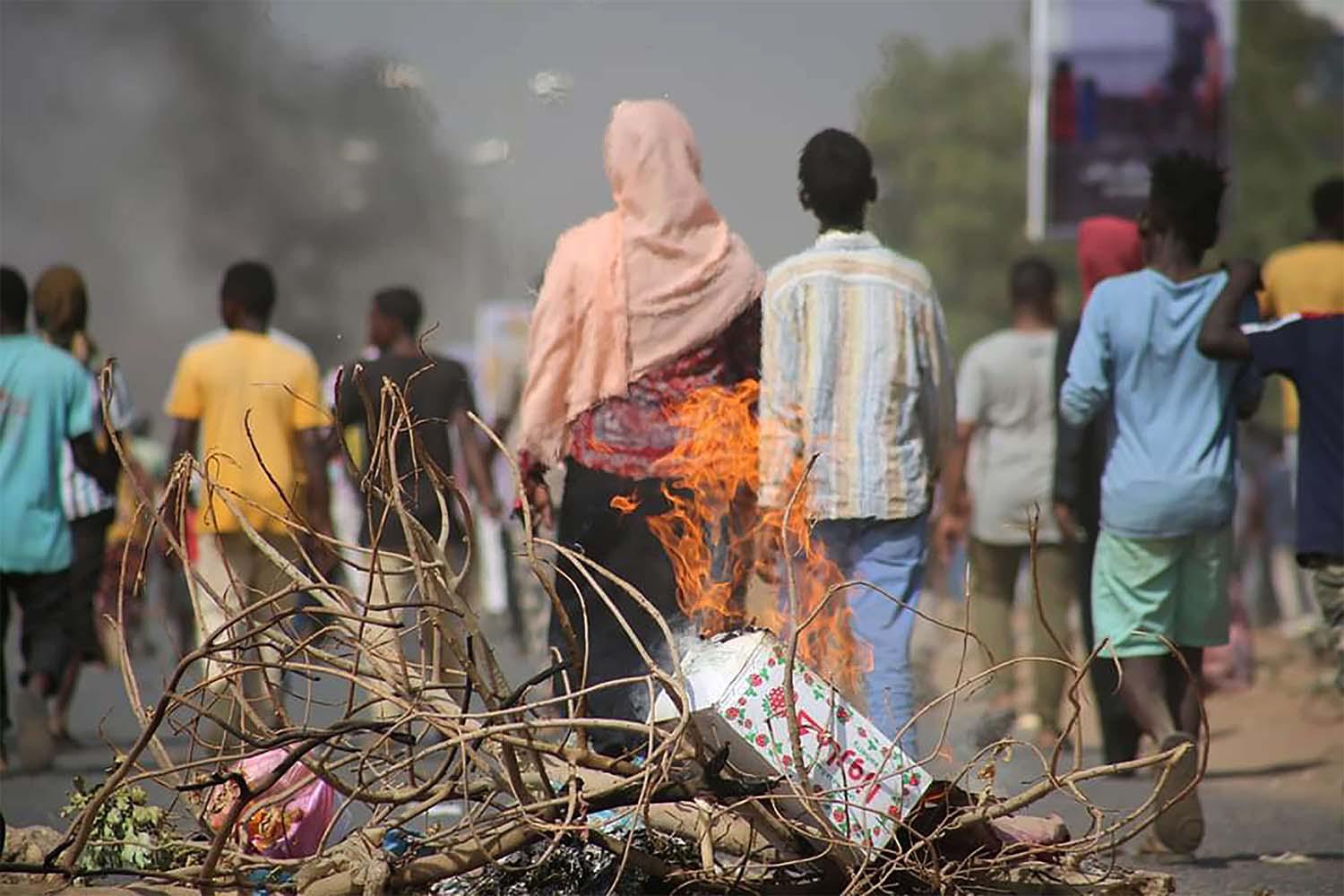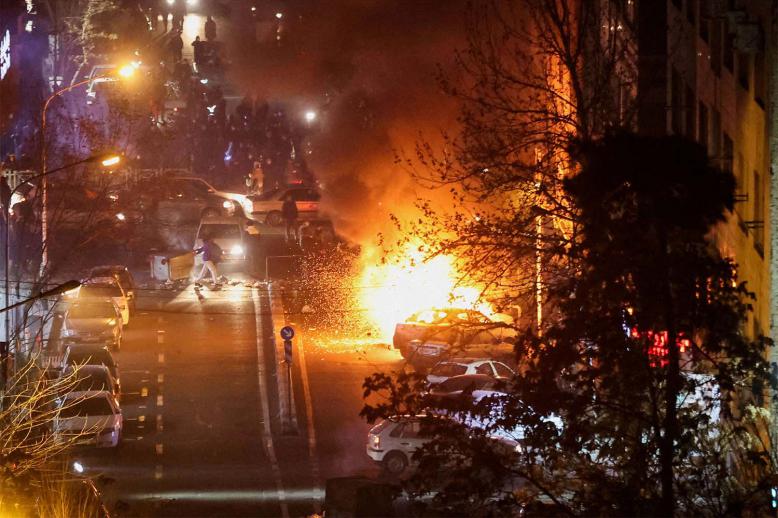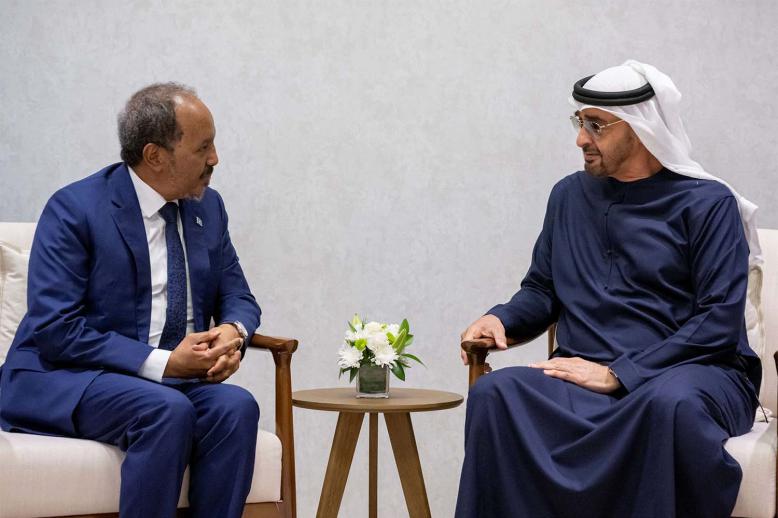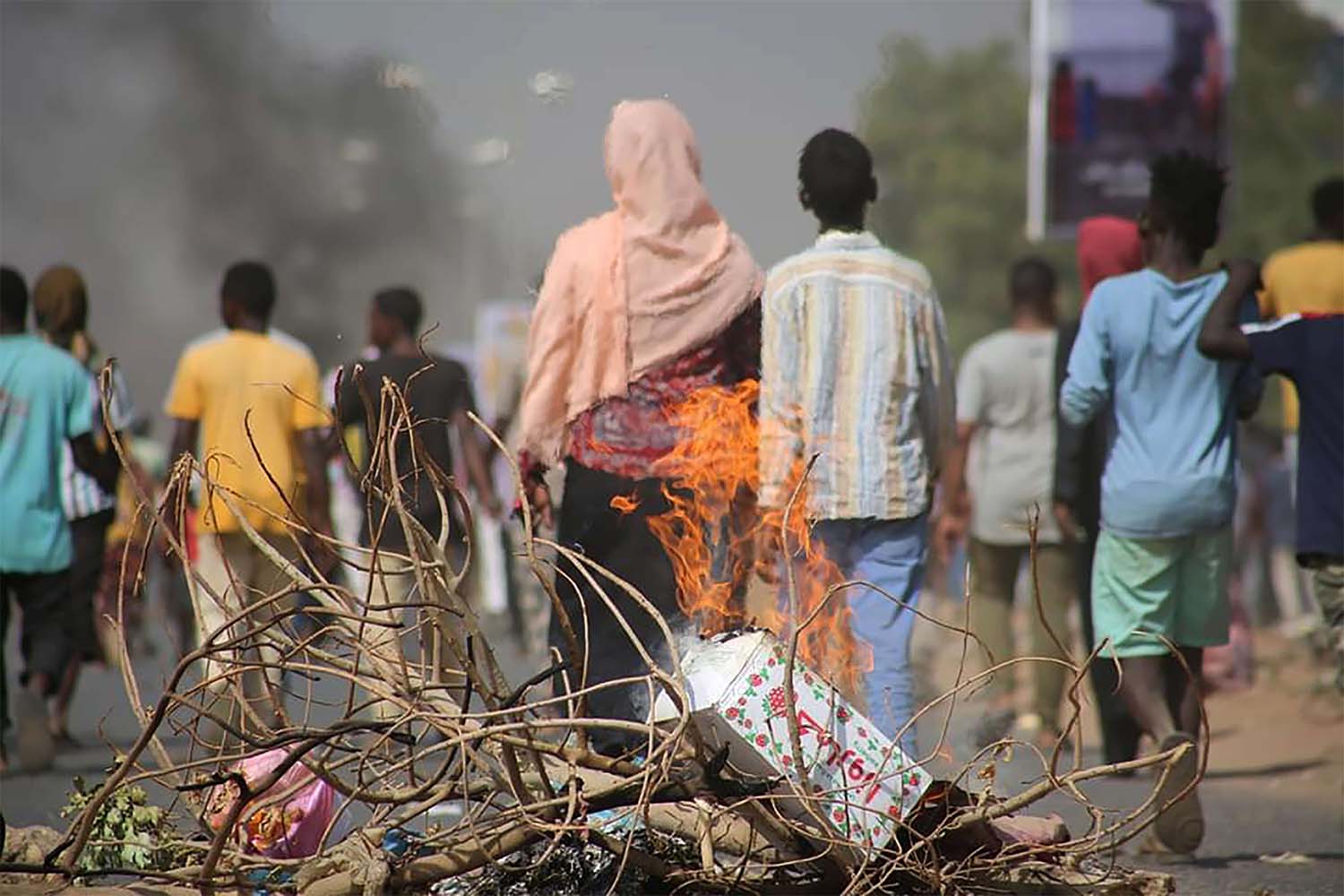Washington condemns Sudan's military takeover
WASHINGTON - US Secretary of State Antony Blinken, in a phone call with Sudanese Foreign Minister Mariam Sadiq al-Mahdi on Thursday, condemned Sudan's military takeover and the arrest of the country's civilian leaders.
He said on Twitter that they also discussed how the United States can best support the Sudanese people's call for a return to a civilian-led transition to democracy.
Thousands of people in the African country have taken to the streets since Monday's military's seizure of power from a transitional government, and several have been killed in clashes with security forces.
The armed forces chief General Abdel Fattah al-Burhan, who led the military takeover, has dismissed the joint civilian-military council set up to steer the country to democratic elections following the overthrow of autocrat Omar al-Bashir in a popular uprising in April 2019.
Blinken discussed Washington's support for a civilian transition in accordance with the Sudanese Constitutional Declaration, the US State Department spokesperson Nid Price said.
Burhan relieved six Sudanese ambassadors from their posts, state TV said on Wednesday.
The decision included Sudan's ambassadors to the United States, the European Union, China, Qatar, France and the head of Sudan's mission to Geneva.
Sudanese ambassadors to 12 countries, including the United States, the United Arab Emirates, China and France, have rejected Monday's military takeover, a diplomatic source said.
The World Bank halted disbursements for operations in Sudan on Wednesday in response to the military's seizure of power from the transitional government, while state oil company workers, doctors and pilots joined civilian groups opposing the takeover.
Thousands of people have taken to the streets since Monday's coup, and several have been killed in clashes with security forces.
After isolation from the international financing system across three decades of Bashir's rule, Sudan achieved full re-engagement with the bank in March and gained access to $2 billion in financing.
"I am greatly concerned by recent events in Sudan, and I fear the dramatic impact this can have on the country’s social and economic recovery and development," World Bank President David Malpass said in a statement from Washington.
Abdalla Hamdok, prime minister in the deposed transitional government, had touted World Bank re-engagement as a major accomplishment and was depending on the funding for several large development projects.
The government had instituted harsh economic reforms that succeeded in achieving rapid arrears clearance and debt relief and renewed financing from the World Bank and IMF.
An IMF spokeswoman said the fund was monitoring developments but it was "premature" to comment.






